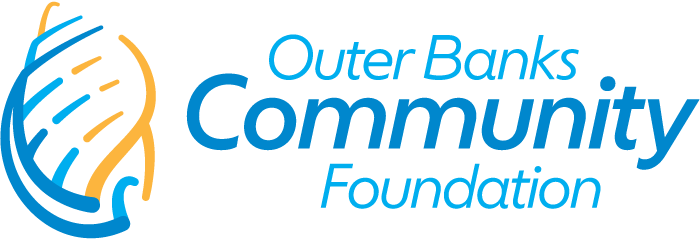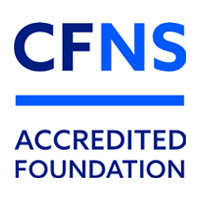One Big Beautiful Bill Act: Three Insights for Philanthropy

Here are three key takeaways from the new law:
1. Fewer Tax Incentives for High-Income Donors
-
The OBBBA locks in higher standard deductions: $15,750 (individuals) and $31,500 (married filers).
-
High earners can now only deduct 35% of charitable gifts, and itemized deductions only count above 0.5% of adjusted gross income.
-
The 60% of AGI limit for cash gifts to certain charities is extended.
What this means:
Fewer people will itemize, and tax savings from charitable gifts may be lower for high earners. But charitable giving has always been about more than just deductions. Donors here on the Outer Banks give because they care about this community—and that hasn’t changed.
Fewer people will itemize, and tax savings from charitable gifts may be lower for high earners. But charitable giving has always been about more than just deductions. Donors here on the Outer Banks give because they care about this community—and that hasn’t changed.
What you can do:
Give because it matters. Your support helps local students, families, and nonprofits thrive. If you’re an advisor or nonprofit leader, remind your clients and supporters that generosity isn’t just about taxes—it’s about values.
Give because it matters. Your support helps local students, families, and nonprofits thrive. If you’re an advisor or nonprofit leader, remind your clients and supporters that generosity isn’t just about taxes—it’s about values.
2. A New Deduction for Non-Itemizers
-
Starting in 2026, donors who don’t itemize can still deduct up to $1,000 (individuals) or $2,000 (married couples).
-
Gifts to donor-advised funds do not qualify for this particular deduction.
What this means:
This could help re-engage many everyday donors, especially younger families and retirees who no longer itemize.
This could help re-engage many everyday donors, especially younger families and retirees who no longer itemize.
What you can do:
If you’re just getting started with philanthropy, this is a great time to build a giving habit. Not sure where to begin? We can help you open a fund or direct your gifts to the causes you care about most. Nonprofits: prepare to welcome and retain new donors. Advisors: encourage clients at all income levels to include giving in their plans.
If you’re just getting started with philanthropy, this is a great time to build a giving habit. Not sure where to begin? We can help you open a fund or direct your gifts to the causes you care about most. Nonprofits: prepare to welcome and retain new donors. Advisors: encourage clients at all income levels to include giving in their plans.
3. Estate Tax Exemption Is Now Permanent (For Now)
-
The OBBBA makes permanent the higher estate tax exemption—$13.99M (individuals) and $27.98M (couples) in 2025, with increases in 2026.
-
This means fewer families will need to make charitable gifts for estate tax purposes.
What this means:
Planned giving strategies continue to be important, but mostly for reasons beyond tax savings. Families are still using charitable trusts, legacy gifts, and fund endowments to reflect their values and pass on their philanthropic vision.
Planned giving strategies continue to be important, but mostly for reasons beyond tax savings. Families are still using charitable trusts, legacy gifts, and fund endowments to reflect their values and pass on their philanthropic vision.
What you can do:
Use this period of clarity to plan well. If you’re working on your estate or advising clients, consider charitable strategies that leave a legacy. The Community Foundation can work with your attorney or advisor to make it easy.
Use this period of clarity to plan well. If you’re working on your estate or advising clients, consider charitable strategies that leave a legacy. The Community Foundation can work with your attorney or advisor to make it easy.
Let’s Plan Together
Whether you’re an individual donor, nonprofit partner, or advisor, OBCF is here to help you make the most of these new provisions—while keeping our Outer Banks community strong and thriving. Reach out any time.





